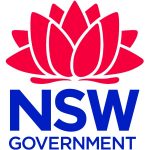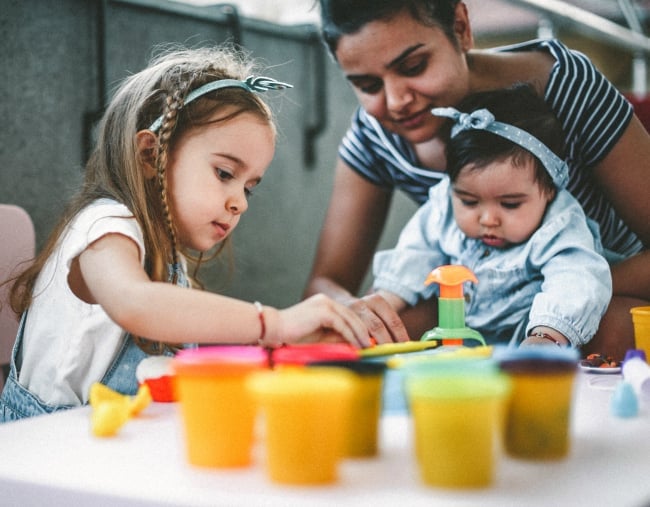

I still remember the time when my youngest daughter held her baby doll in her arms and told me that it was time to change her nappy.
“OK, you can change her on the couch,” I said. “I need gloves,” Milla replied, looking around the room in search for them. Initially I was confused. Why is she looking for gloves? But then I realised, yesterday she was at day care and the early childhood educators always use gloves when changing nappies.
So, the disposable gloves came out from the cupboard and my daughter changed the ‘dirty’ nappies of her doll. Although slightly frustrating that all my gloves had now been used on a plastic baby, the fact that my two year old was adopting these hygiene routines from her day care and then putting them into action at home was impressive.
It goes without saying that health and safety is the most important factor we consider when we have children. Ensuring that this is just as important at early childhood education centres when our kids are away from our supervision and home is critical when choosing a centre you trust.
From daily habits like handwashing and cleaning to preventative measures like immunisation, I asked two early childhood educators to take me through what they do in their centres. Elizabeth Bamford works for a not-for-profit organisation with three long day cares, and Jackie* is a highly experienced child care worker. Here is some of their advice about what to look for and ask about health and safety:



